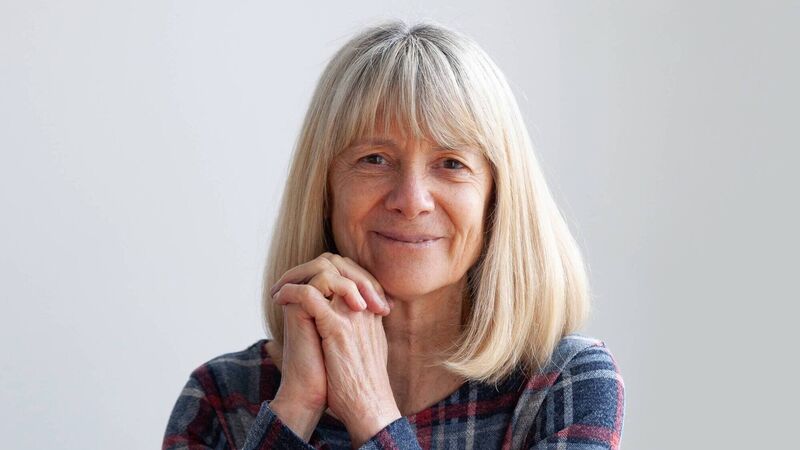Book interview: Robyn Flemming on addiction and the stranger's comment that changed her life

Author Robyn Flemming: “I have this idea that there should be a dating app for senior citizens called ‘tender’ as opposed to tindr.”
Proving that ageing is not a barrier to reinvention, 69-year-old Robyn Flemming, an Australian freelance editor, has never lost her adventurous spirit. The author of Skinful: A Memoir of Addiction has written a captivating and honest account of what it is like to be in thrall to alcohol, why she drank to excess and how she got sober.




